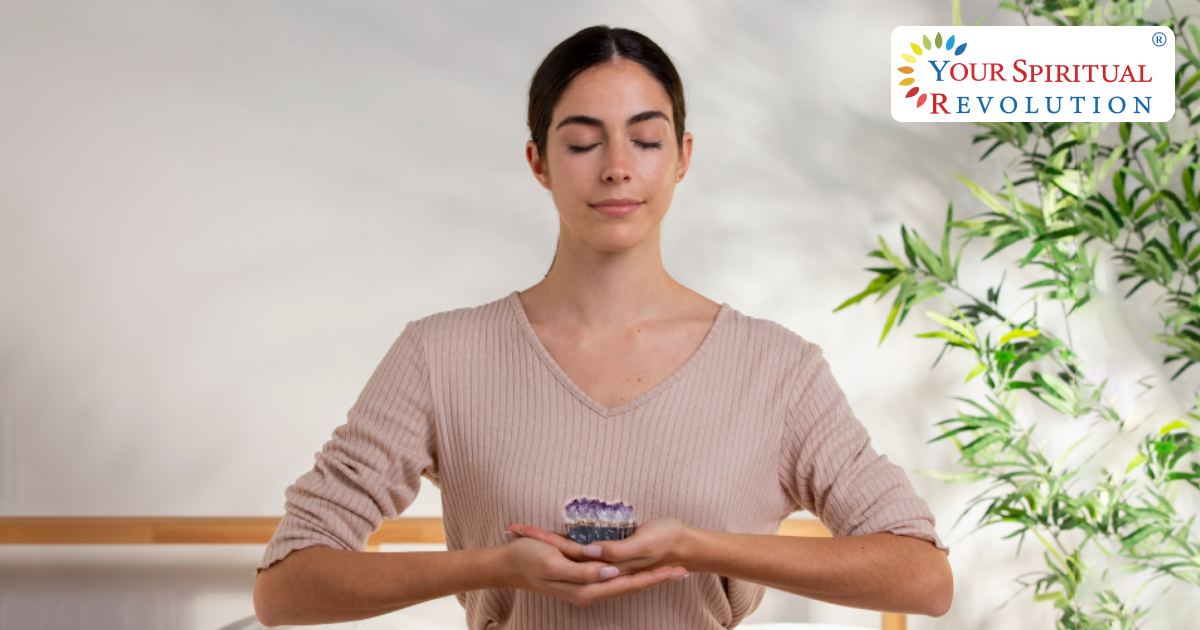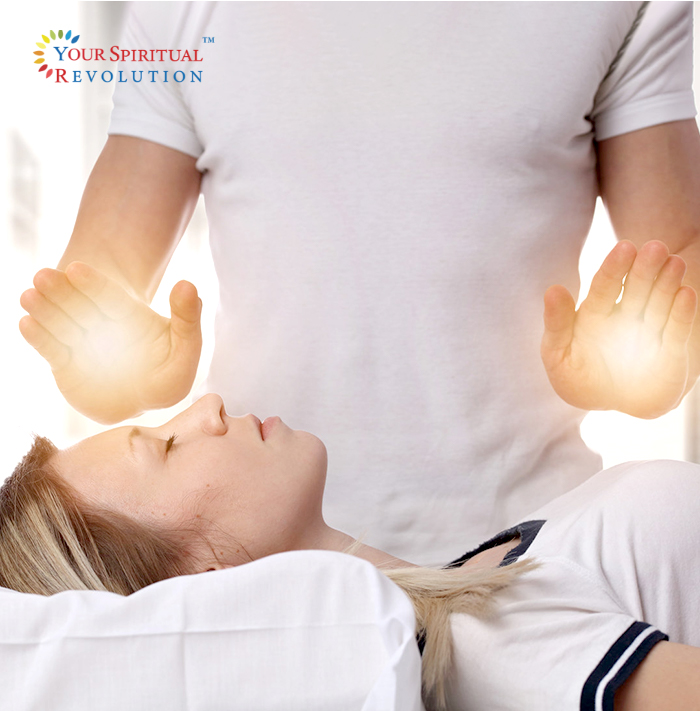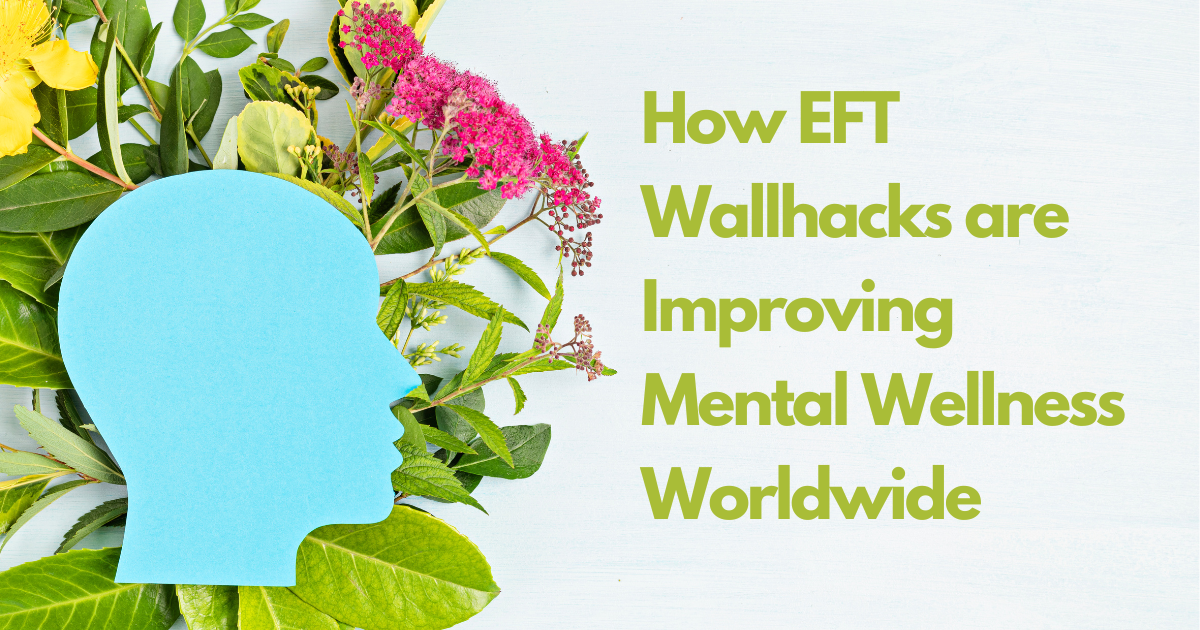

Examining the ways in which we connect to the world around us and the ways in which we communicate with our own sense of the divine are aspects of the practise of spirituality. There is no one “correct” way to be spiritual, and one’s religious beliefs do not have to be identical with their spirituality. As per Orange County rehab, at its most fundamental level, spirituality is about discovering what calls to you, what helps you to find meaning and purpose in life, and what provides a channel for you to connect with powers that are greater than you.
There are others who find that their spirituality and their religious beliefs are inextricably linked. The practise of spirituality teaches us to go beyond of ourselves and to submit and find peace with those people, environments, and circumstances that are outside our sphere of influence. Finding one’s spirituality may include looking to a group of people, to the natural world, or to a feeling of energy that links all living things together.
The symptoms of substance use disorder might include feelings of loneliness, detachment, humiliation, and a sensation of being irreparably damaged. Community, meaningful connections with others, and having a sense of purpose are the cornerstones around which a life in recovery may be constructed.
Finding a feeling of belonging throughout rehabilitation is essential, since it is better to feel connected to others and not isolated and alone. We are able to let go of our attachment to the self and discover a feeling of interconnectedness and belonging via the practise of spirituality, which are both essential components of the process of recovery.
The practise of spirituality teaches us to be present in the here and now and to be conscious of our influence not just on our immediate surroundings but also on ourselves.
The cultivation of one’s spirituality may improve one’s quality of life in almost every respect. According to a number of studies, those who participate in some kind of religious or spiritual activity have improved physical health. Many of these things, such as eating better, exercising more, and getting more sleep, are beneficial to our physical health, and they all become easier as we become more cognizant of the necessity of self-care and the cultivation of loving-kindness towards both ourselves and others. Other advantages of spirituality include the following:
Where do you even start when it comes to developing a spiritual practise? It is essential to keep in mind that finding a spiritual practise that resonates with you is the single most crucial step in developing your spirituality. Since each individual is one of a kind, it only makes sense that each spiritual practise is also one of a kind. The following are some suggestions for incorporating various spiritual practises into your day-to-day life:
You may strengthen your awareness and your ability to become aware of internal narratives that can be destructive to your wellbeing and recovery by committing to a regular meditation practise. There are a lot of different ways to meditate, but the most essential thing is to set aside some quiet time every day, locate a spot where you’re comfortable, and concentrate on your breathing as well as the feelings that are going on in your body.
A simple exercise in thankfulness may be of great benefit. Maintaining a gratitude list or diary may help you reflect on everything that you have to be thankful for in life and keep you linked to your “why” while you are in recovery. Even on the worst of days, there is always something for which to be thankful, and a daily reminder of this fact supports recovery and helps cultivate a feeling of loving-kindness towards oneself and others.
It is not necessary to be an experienced practitioner of yoga in order to enjoy the advantages of the practise. Locate a yoga studio in your area that offers beginning lessons, or take an introductory yoga session or video online. Yoga is another method that may help you to be present in the here and now, become conscious of your body, concentrate on your breath, and make a connection with your own spirituality.



































































In the intricate tapestry of human emotions and relationships, love emerges as both a universal

Setting boundaries in relationships is very important for keeping mental health and feeling good. Boundaries

For older adults needing multiple prescriptions for chronic conditions, correct medication management is crucial. Proper

Buddhism is all about a big mix of beliefs and ways of living, including looking

Escape from Tarkov (EFT) is a tactical, first-person shooter game that has captivated the gaming
| Cookie | Duration | Description |
|---|---|---|
| cookielawinfo-checkbox-analytics | 11 months | This cookie is set by GDPR Cookie Consent plugin. The cookie is used to store the user consent for the cookies in the category "Analytics". |
| cookielawinfo-checkbox-functional | 11 months | The cookie is set by GDPR cookie consent to record the user consent for the cookies in the category "Functional". |
| cookielawinfo-checkbox-necessary | 11 months | This cookie is set by GDPR Cookie Consent plugin. The cookies is used to store the user consent for the cookies in the category "Necessary". |
| cookielawinfo-checkbox-others | 11 months | This cookie is set by GDPR Cookie Consent plugin. The cookie is used to store the user consent for the cookies in the category "Other. |
| cookielawinfo-checkbox-performance | 11 months | This cookie is set by GDPR Cookie Consent plugin. The cookie is used to store the user consent for the cookies in the category "Performance". |
| viewed_cookie_policy | 11 months | The cookie is set by the GDPR Cookie Consent plugin and is used to store whether or not user has consented to the use of cookies. It does not store any personal data. |